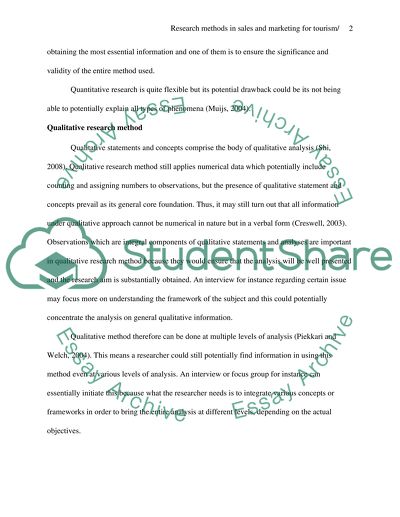Cite this document
(“Research Methods in Sales and Marketing for Tourism Essay”, n.d.)
Research Methods in Sales and Marketing for Tourism Essay. Retrieved from https://studentshare.org/tourism/1443978-sales-and-marketing-for-tourism
Research Methods in Sales and Marketing for Tourism Essay. Retrieved from https://studentshare.org/tourism/1443978-sales-and-marketing-for-tourism
(Research Methods in Sales and Marketing for Tourism Essay)
Research Methods in Sales and Marketing for Tourism Essay. https://studentshare.org/tourism/1443978-sales-and-marketing-for-tourism.
Research Methods in Sales and Marketing for Tourism Essay. https://studentshare.org/tourism/1443978-sales-and-marketing-for-tourism.
“Research Methods in Sales and Marketing for Tourism Essay”, n.d. https://studentshare.org/tourism/1443978-sales-and-marketing-for-tourism.


